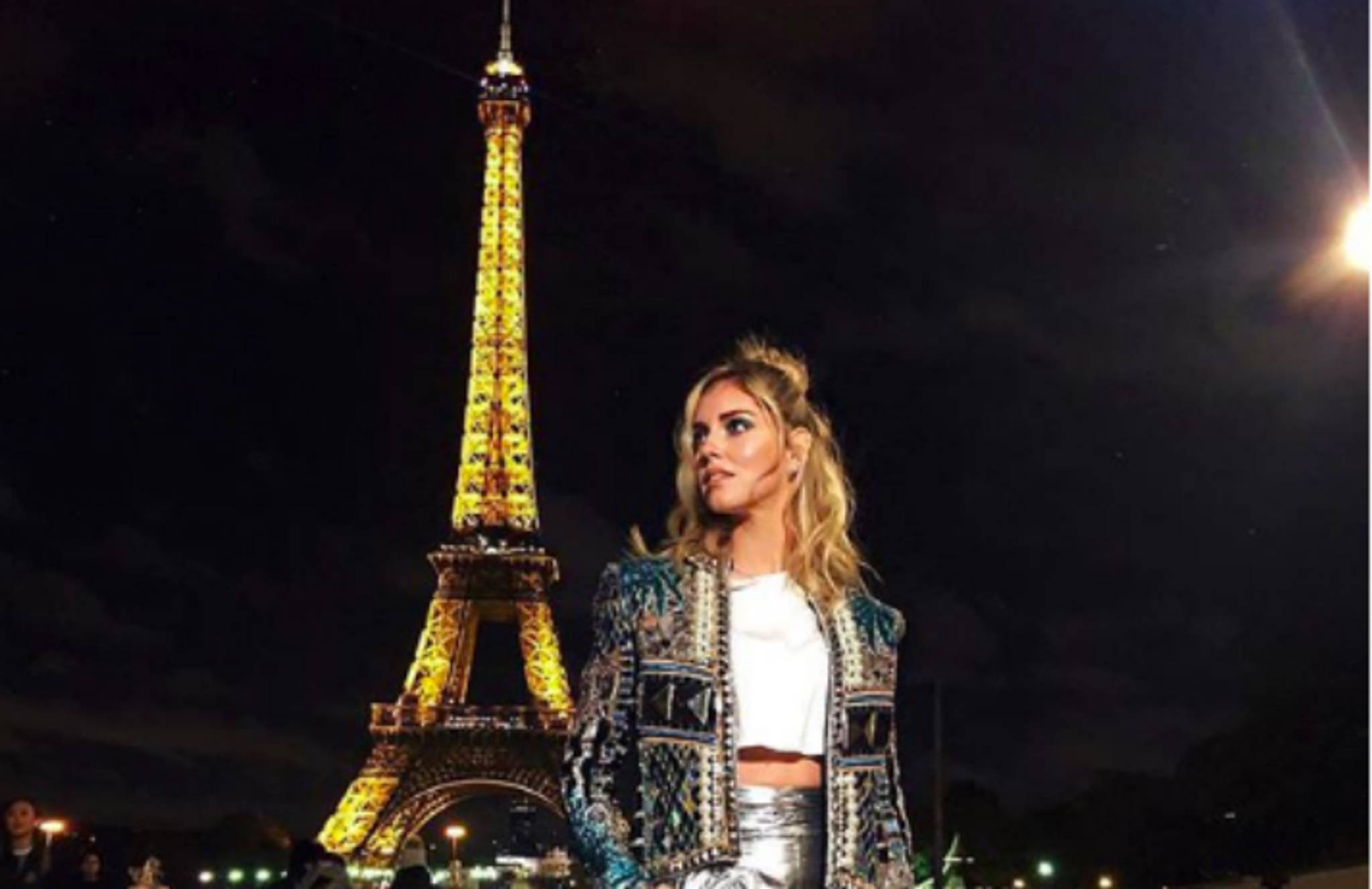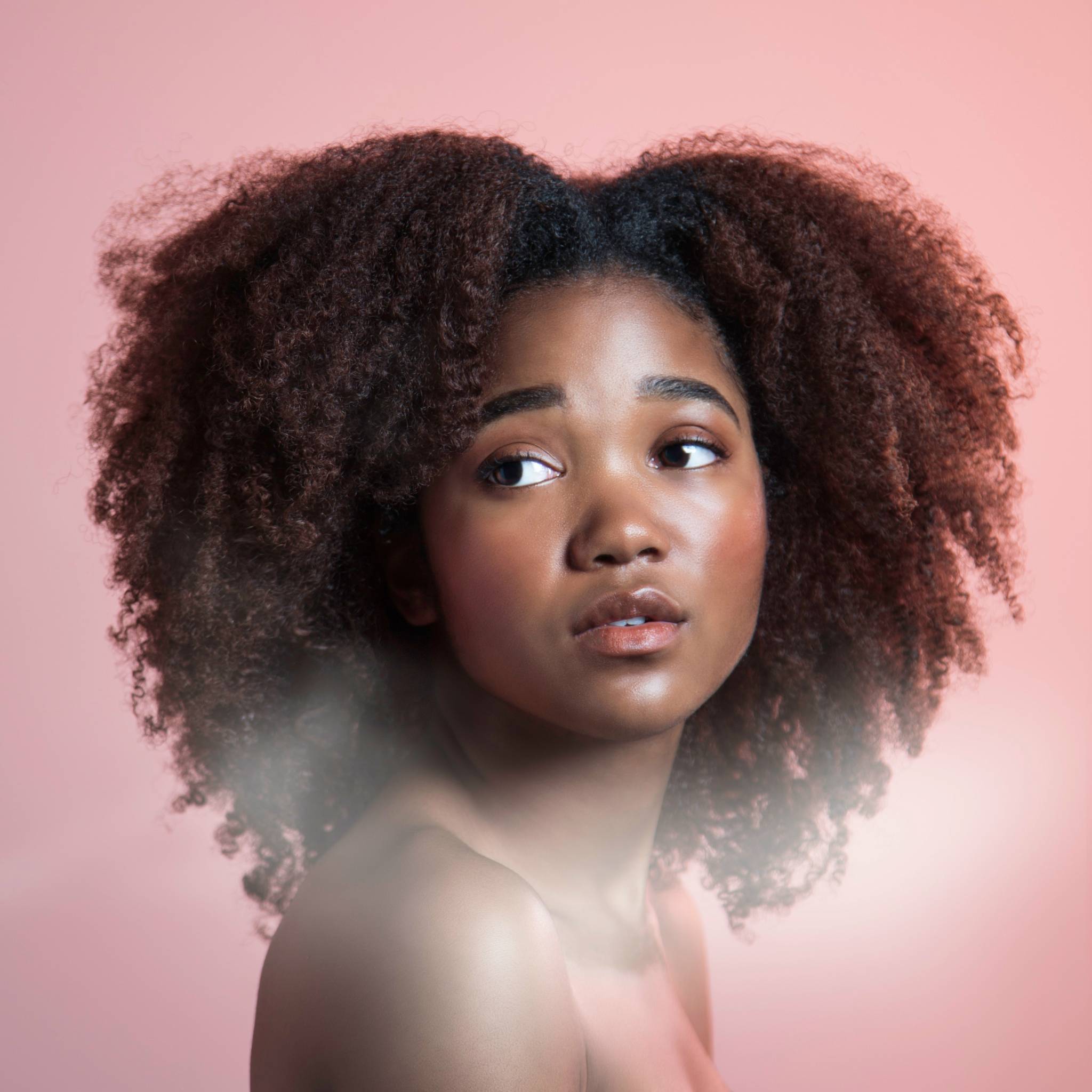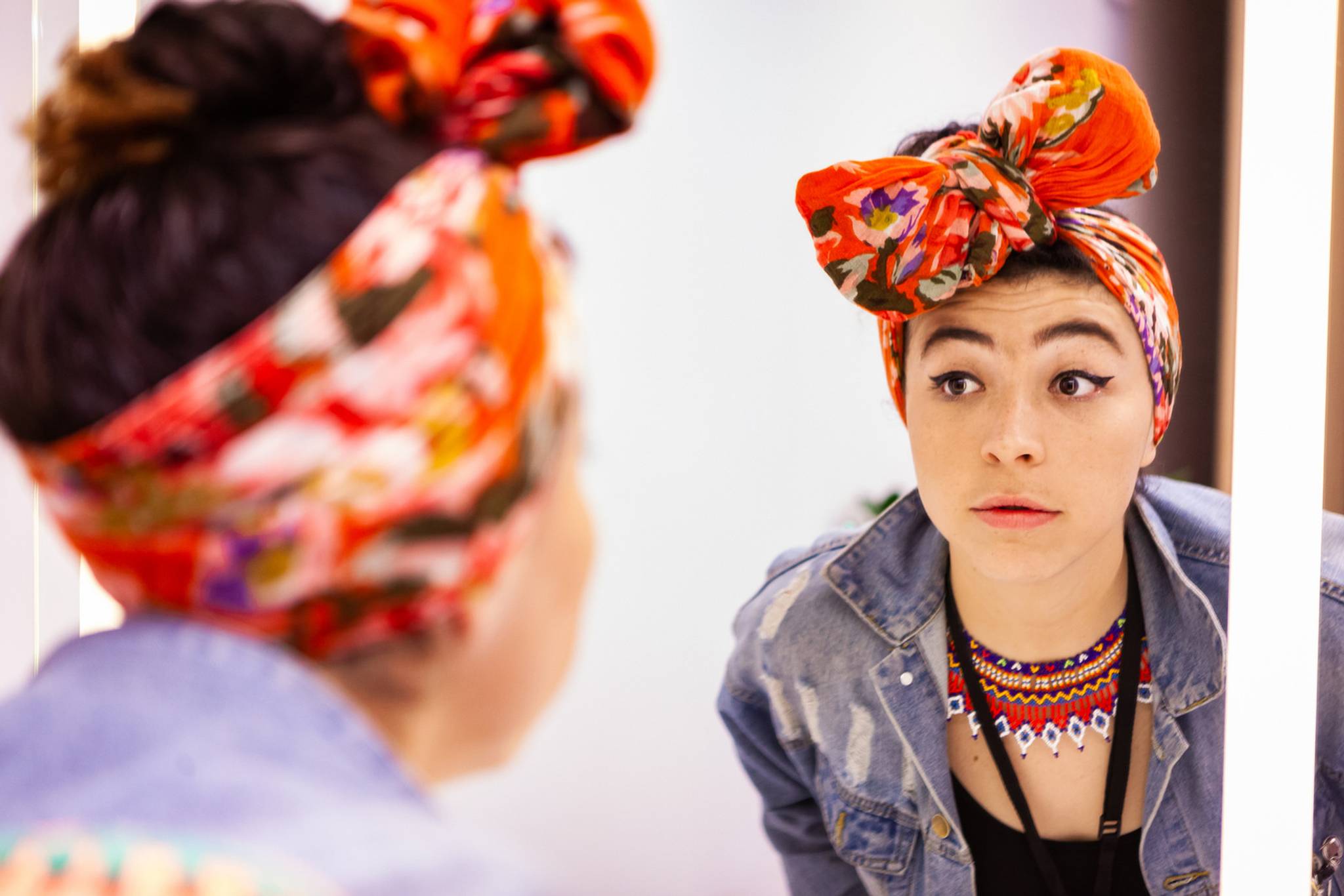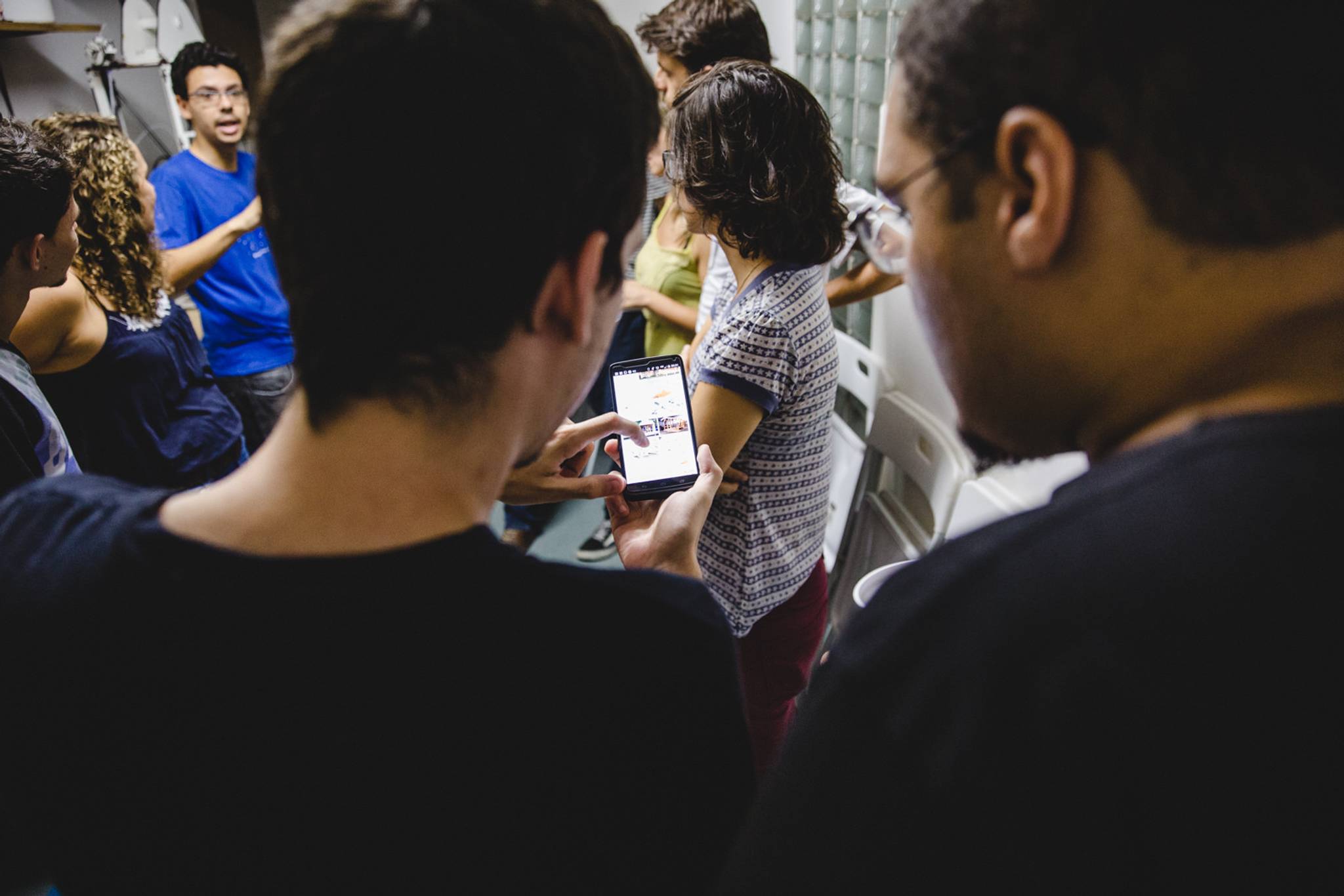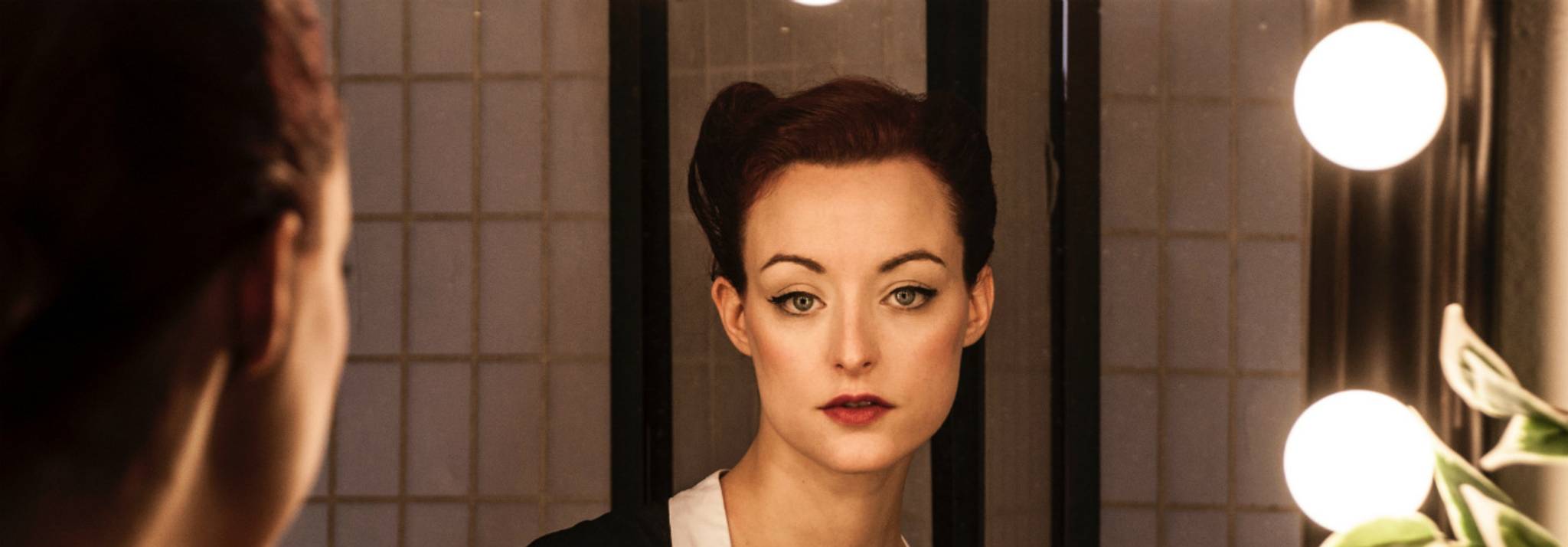
AR advertising on Facebook news feeds is being embraced by beauty brands like Bobbi Brown, Sephora and Michael Kors. Given that 77% of Americans own a smartphone, AR advertising is a playful and effective way for people to ‘try before they buy’ and experiment with beauty options. We explore the insights behind this and why beauty brands are opting for AR advertising.
Bobbi Brown Cosmetics is using AR advertising in a new social campaign on Facebook’s, following brands like Michael Kors in trying AR tech on mobile social sites. Initial results showed increased engagement and sales conversion – Sephora, for example, saw four times the number of people visit its page compared to a video-only control group – which has prompted Facebook to roll out AR advertising into beta testing stages across the first quarter of this year. “When you’re dealing with only social ads, it’s smart to be taking advantage of these new and emerging opportunities with platform partners,” said Jaqueleen Larson, director of social and digital at Bobbi Brown Cosmetics.
Ever since Pokemon Go and Snapchat popularised AR, people are becoming experimental with its uses. In fact, 61% of Americans would prefer to shop at stores that offer AR over ones that don’t, and AR advertising is projected to grow from $167 million in 2017 to $2.6 billion in 2020. People are particularly responsive to the combination of AR and beauty, using apps from Feelunique and Rimmel to colour-test before purchase, and also buying smart mirrors like HiMirror. Given that AR lets people ‘try before they buy’ and satisfy their appetite to use the tech, there’s a clear opportunity to advertise via this medium.
Sophie Robinson is a Junior Behavioural Analyst at Canvas8. She has a degree in Social Anthropology from the University of Manchester and always tries to deconstruct stereotypes of normality. When not questioning why she’s watching a short film or writing a screenplay.
